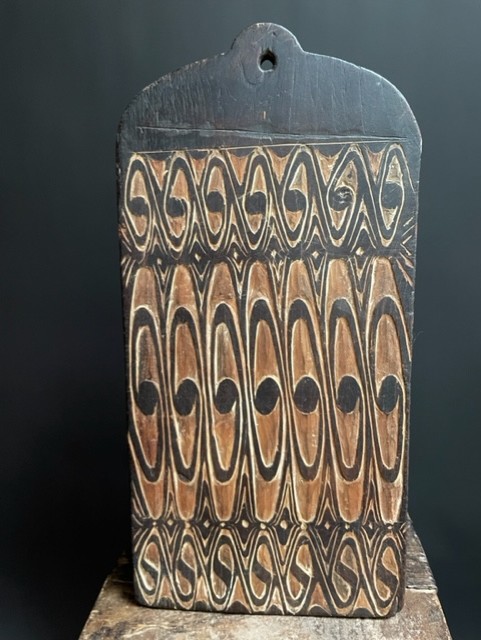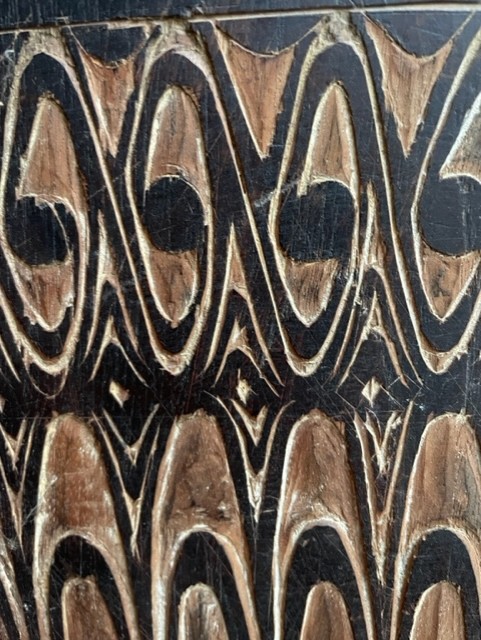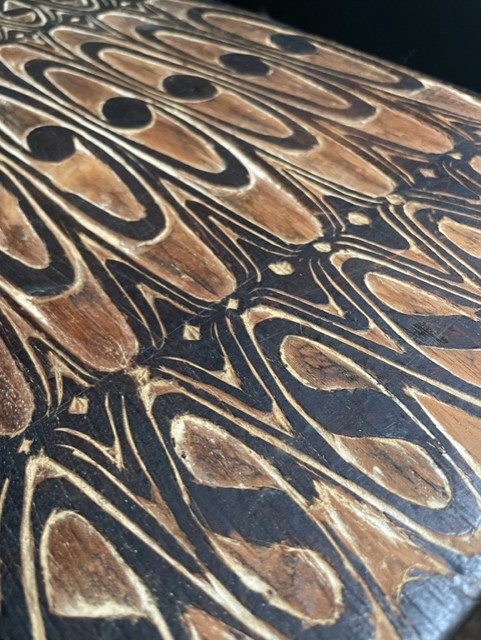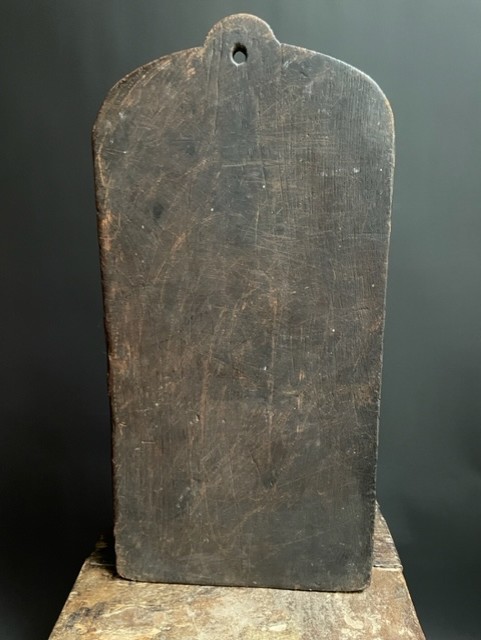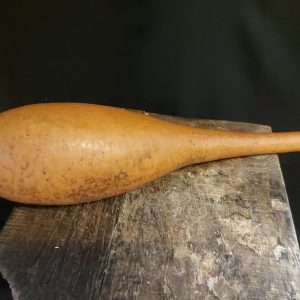Description
Sentani wood carving from Papua
Sentani houtsnijwerk uit Papoea
Het Sentani volk aan de oevers van het Sentani meer in Papoea, Indonesië, bezit een rijk en levendig cultureel erfgoed. De Sentani staan bekend om hun artistieke bekwaamheid en staan bekend om hun ingewikkelde houtsnijwerk, expressieve schilderijen en opvallende geweven kunstvoorwerpen. Sentani houtsnijwerk bevat vaak een reeks symbolen en motieven die een culturele, spirituele of mythologische betekenis hebben. Veel voorkomende thema’s zijn voorouderlijke geesten, dieren en scènes uit het dagelijks leven. Deze houtsnijwerken dienen niet alleen als esthetische artefacten, maar ook als tastbare verbindingen met de tradities en overtuigingen van de Sentani.
De traditionele levenswijze van het Sentani volk draait om visserij, landbouw en de ingewikkelde rituelen die horen bij hun animistische geloof. Hun karakteristieke huizen, die op palen boven het meer zijn gebouwd, laten zowel een praktisch architectonisch ontwerp als culturele symboliek zien.
Ceremoniële evenementen en festivals spelen een belangrijke rol in de cultuur van de Sentani en bieden de gelegenheid om samen te vieren en hun traditionele dansen en muziek te laten zien. Door de generaties heen hebben de Sentani hun culturele identiteit behouden en een veerkrachtige gemeenschap gecreëerd die haar wortels in ere houdt te midden van de moderne uitdagingen van de 21e eeuw.

